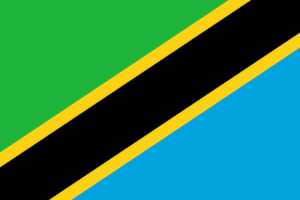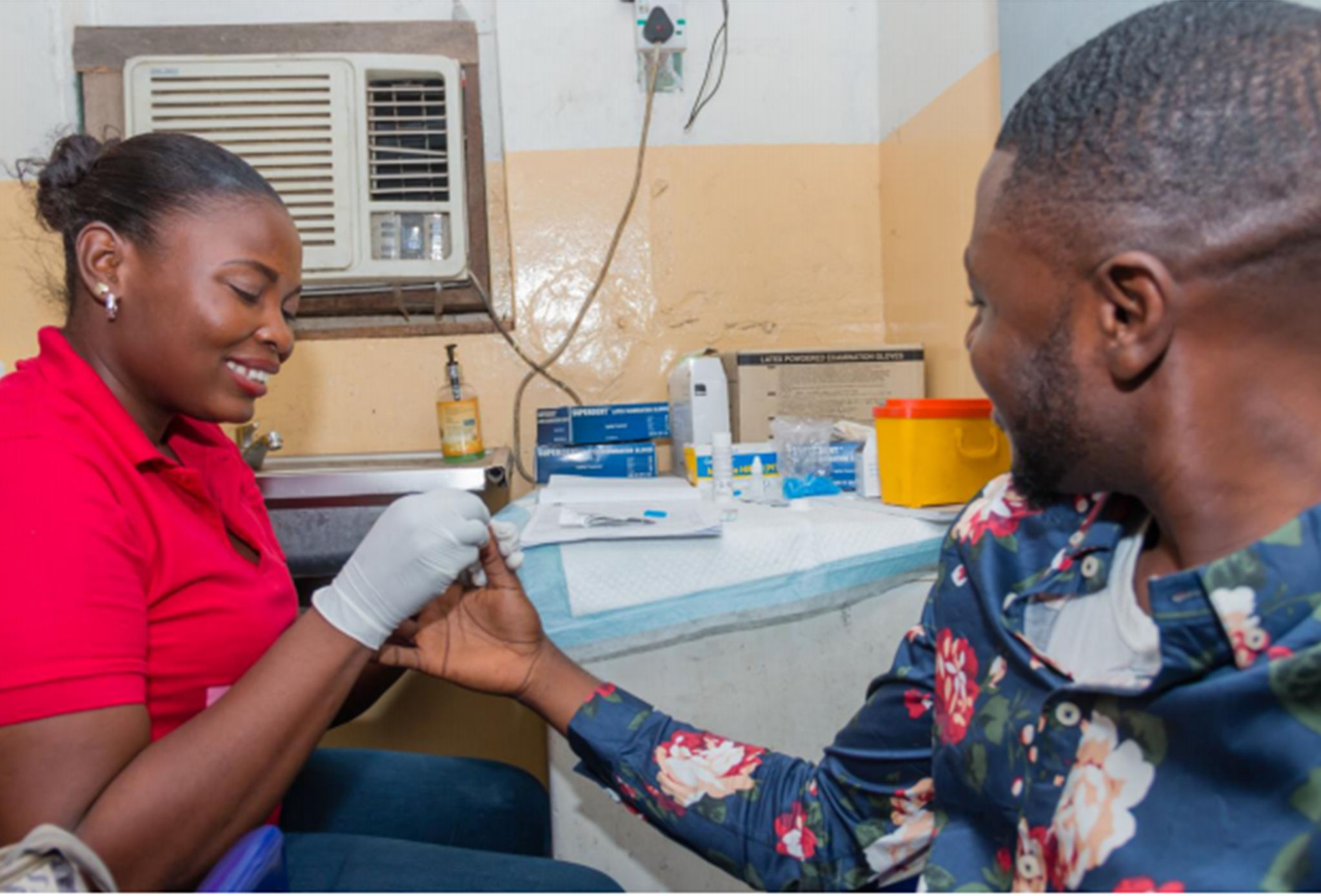
Country Snapshot: Tanzania

Ensuring there are appropriate levels of human resources across the HIV care continuum is essential in working towards epidemic control in Tanzania. However, there are indications that the Tanzanian health workforce does not operate efficiently, hindering the country’s ability to achieve epidemic control. For example, time per patient currently spent on services is substantially higher than recommended by prevailing HIV service delivery guidelines. Human resources are needed to scale up HIV service delivery in order to support the government of Tanzania on the path towards epidemic control as well as to ensure quality services for family planning, maternal, newborn, and child health as well as other critical health services.
HRH2030 Presence in Tanzania
Significant resource constraints exist to hiring more health workers immediately in Tanzania, so it is essential to increase the performance and productivity of the existing health workforce. Therefore, HRH2030 curated and tested a toolkit to help country-level implementing partners of the U.S. President’s Emergency Plan for AIDS Relief (PEPFAR), USAID missions, and other health system stakeholders to identify and address the workforce-related causes of HIV service delivery gaps. In addition, the HRH2030 program has finalized the PEPFAR/Tanzania Human Resources for Health Sustainability plan to be used by PEPFAR/Tanzania to support dialogue between PEPFAR and the government for long-term sustainability planning.
HRH2030 One Health
HRH2030 One Health backs existing efforts to implement the Global Health Security Agenda (GHSA), a partnership of over 64 nations working on effective prevention, early detection, and rapid response to infectious disease threats, with a focus on zoonotic diseases.
In Tanzania, HRH2030 provides technical assistance to facilitate coordination of the National One Health Platform (NOHP) activities to strengthen the leadership and governance of the health system. By improving transparency, strengthening policies and practices, and improving multisectoral collaboration, One Health looks forward to minimizing the transmission of zoonotic diseases from animals to human populations.
Related News & Resources
Webinar: Optimizing Health Worker Performance and Productivity to Achieve the 95-95-95 Targets
In partnership with USAID through PEPFAR, HRH2030 has developed a toolkit to build capacity of technical assistance providers and managers at the service delivery level.
Understanding the Donor-Supported Human Resources Needed to Achieve Sustained Epidemic Control
The HRH inventory provides countries with a wealth of information about donor investments in HRH.
Three Questions with Dr. Kunda John Stephen: Advancing Global Health Security in Tanzania
Dr. Kunda John Stephen joins HRH2030 as a multisectoral health security advisor for the One Health Global Health Security Agenda (GHSA) activity in Tanzania.





